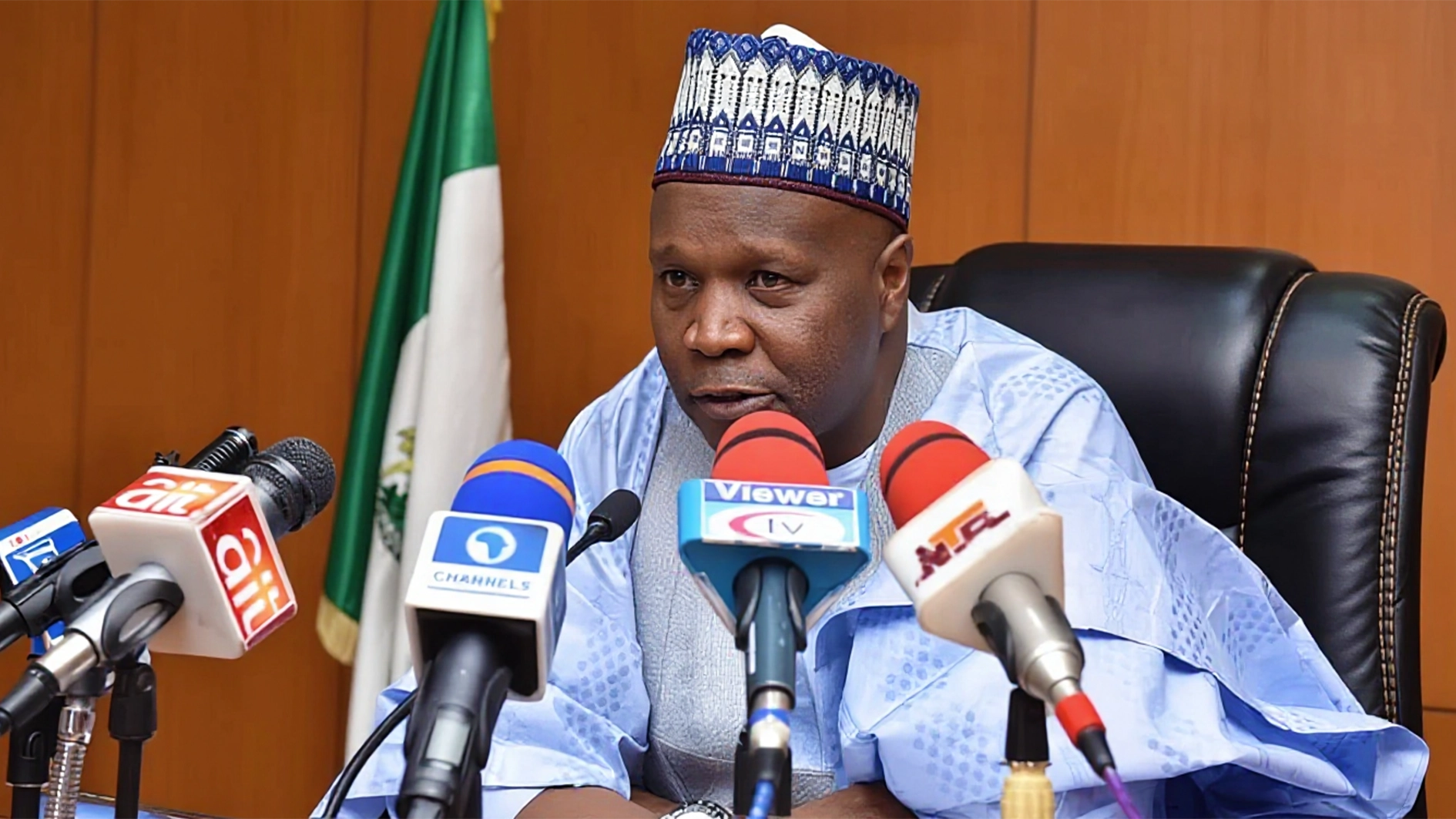• Says those profiting from them are engineering their own downfall
• Reduces land-size requirement for estate projects
Lagos State Government, yesterday, said that it would not turn a blind eye to illegal dredging, reckless land reclamation, and environmental destruction of the lagoons.
The governor, Babajide Sanwo-Olu, who gave the warning at the first Lagos State Waterfront Summit, themed “Pressure on the Lagoon: The Lagos Experience,” said that those making a profit from illegal dredging, reckless land reclamation, and environmental destruction are engineering their own downfall and jeopardising the future for generations to come.
The governor maintained that illegal dredging, unregulated sand mining, reckless land reclamation, abandoned ships, marine pollution, and unchecked urban growth are all taking a toll on the state’s well-being.
He said that the illegality is why the government strengthened the Ministry of Waterfront Infrastructure Development and its mission is clear and urgent: to provide infrastructure and services across the waterfront by harnessing the resources inherent in it, while protecting the environment.
The governor, however, said the government alone could not do it, as it is a responsibility that involves all.
In his welcome address, the state’s Commissioner for Waterfront Infrastructure and Development, Dayo Bush Alebiosu, said the state lagoon is more than just water; it is life, culture, economy, and identity.
He said that the summit was not just about hope and solutions, but also about harnessing knowledge, technology, and partnerships to protect the lagoon, revive its potential, and position it as a driver of sustainable growth for Lagos.
Also, the state government, yesterday, said that it had reduced the minimum land size for estate development from the current 10,000sqm to 5,000sqm.
Commissioner for Physical Planning and Urban Development, Dr Oluyinka Olumide, disclosed this in a statement. According to him, the lowering of the land-size requirement for estate developments was in sync with the current realities in the state, where increasing population and urbanisation continued to push the demand for housing and estate developments, in particular.
He said that some of the promoters of the 176 non-complying estates, published in August, had come forward to seek assistance on how to regularise the status of their estates, adding that the ministry is set to commence enforcement on the non-complying ones.
The commissioner, who said that plans were in top gear to extend the regulatory exercise to other parts of the state, including Ikorodu and the Ikeja axis, also revealed the plan of the ministry to spell out requirements for communities that had been unilaterally converted to estates.






